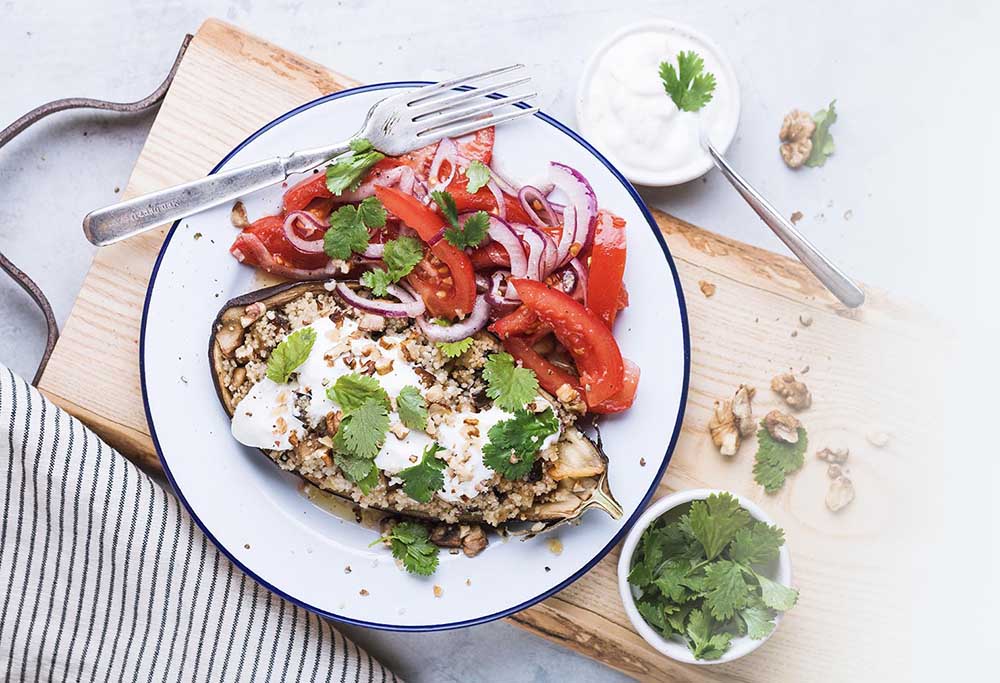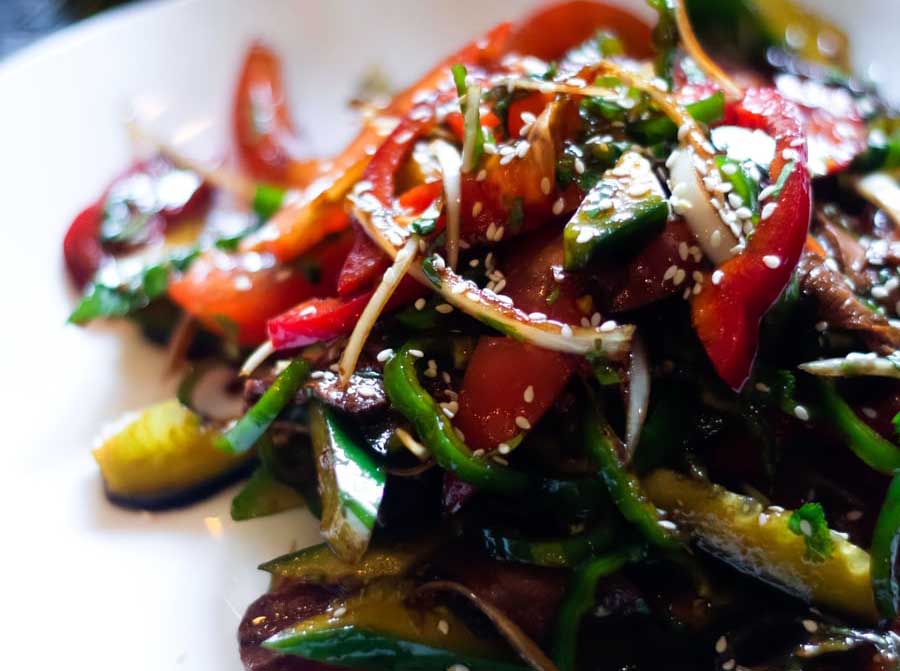Advices about Diet to Reduce Rheumatic Pain and Inflammatory Conditions
Inflammation is a major component in most Rheumatic pain conditions or rheumatic diseases, therefore it is advisable to eat a good amount of food that reduces inflammation and reduces the consumption of food that contains inflammatory agents. Here are some simple dietary advices that may help reduce rheumatic conditions:
Diet to Reduce Rheumatic Pain and Inflammatory Conditions
Fish, especially fat fish, fish oil, olive oil, walnut oil and raps oil should be a part of your diet. The fat in these types of food, omega-3-poly-unsaturated fat or omega-9-poly-unsaturated fat, reduces inflammation. However, if you add these types of oils to your diet, you should reduce the intake of other types of fat, so that you do not get too much fat.
You should also eat a lot of vegetables, since these also make a body chemistry that reduces inflammation.
Fatty fish. Salmon, tuna, sardines, herring and other cold-water fish are rich in omega -3 fatty acids, which may help control inflammation. Your body needs a healthy balance of omega-3 and omega-6 fatty acids. Researchers have found that a greater ratio of omega-6s to omega-3s is associated with an increase in chronic inflammatory diseases like RA. So it’s important to reduce omega-6s – which may provoke inflammation and are found in meats, certain oils and in fried and processed foods that contain those oils – and increase omega-3s.
Fruits and veggies. Fruits and vegetables are rich in antioxidants, which help stabilize molecules called free radicals that can trigger inflammation and damage cells. They’re also packed with vitamins and minerals the body needs and in polyphenols, all of which may help lower C-reactive protein (CRP), a marker of inflammation. To get the greatest health benefits, eat several types of fresh or frozen fruits each day, but watch out for sugar content in frozen options. Eat a colorful variety of veggies to get the most nutrients. Aim for two cups of fruits and two and a half to three cups of vegetables per day – fewer if you get less than 30 minutes of exercise a day and more if you’re more active.
Whole grains. Oats, whole wheat, brown rice, quinoa and other whole grains may lower levels of CRP and reduce the risk of heart disease, which is elevated in people with RA. Whole grains are higher in nutrients and fiber than refined grains. Plus, many products with refined grains contain ingredients that are not healthful, such as added sugars and saturated fats. Read labels and choose breads, cereals and other products that specify a whole grain as a primary ingredient.
Peas and beans. These legumes are a great source of protein, which is important for muscle health – and people with RA are prone to muscle loss. What’s more, peas and beans are practically fat free, contain antioxidants, and some are rich in folic acid, magnesium, iron, zinc and potassium, all known for their heart and immune-system benefits. Black, garbanzo and red kidney beans and black-eyed peas are good choices.
Nuts. Full of healthful monounsaturated fat, nuts are recognized for their heart-protective properties and important nutrients. Try pine nuts, pistachios, hazelnuts and almonds. Walnuts are particularly good for people with RA because they’re high in omega-3 fatty acids. (Ground flaxseed is another good plant source of omega-3s.) But don’t go overboard eating nuts; they contain healthy fats, but they are also high in calories.
Olive oil. Use olive oil instead of other oils and fats. In addition to healthy monounsaturated fat, it contains a compound called oleocanthal that reduces inflammation and acts like ibuprofen in alleviating pain. But eat it in moderation; as with all oils, it’s a fat that can lead to weight gain.
Here you can find Healthy Vegetarian Recipes
What foods to avoid if you have rheumatism
Do not consume soy oil and corn oil, since these types of fat increase inflammation. Most food that you buy that is ready to eat from the factory or restaurant contain these types of fat. You should therefore reduce the consumption of food you do not cook yourself.
Bread, cereals and products made of corn or cereals also increase the inflammatory response, especially if they contain wheat. Wheat causes a special type of inflammation in the intestines called celiac disease in some individuals, but may also trigger inflammation of non-celiac type. However, full-corn cereals and full-corn bread are valuable types of food, so you should not stop eating them. But if you eat bread or corn products at every meal, you should reduce your intake of these and eat more potatoes, beans and peas.
Things you should ideally not eat at all
You should absolutely not consume fat that has been chemically altered to give it another consistency. This type of fat has a very negative effect on the health and may be very potent inflammatory agents. Margarine, snacks, fast food and ready made cakes or cookies often contain this kind of fat. Unfortunately this type of fat is also often added to bread. A good idea could be to bake your bread yourself.






